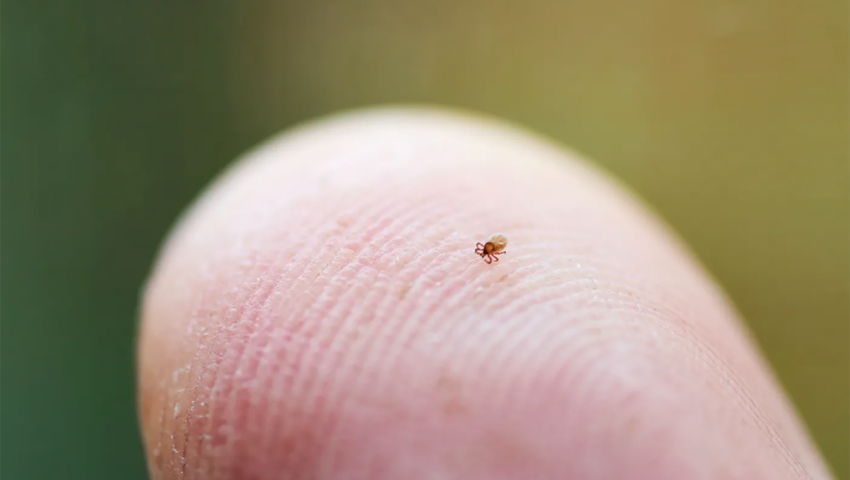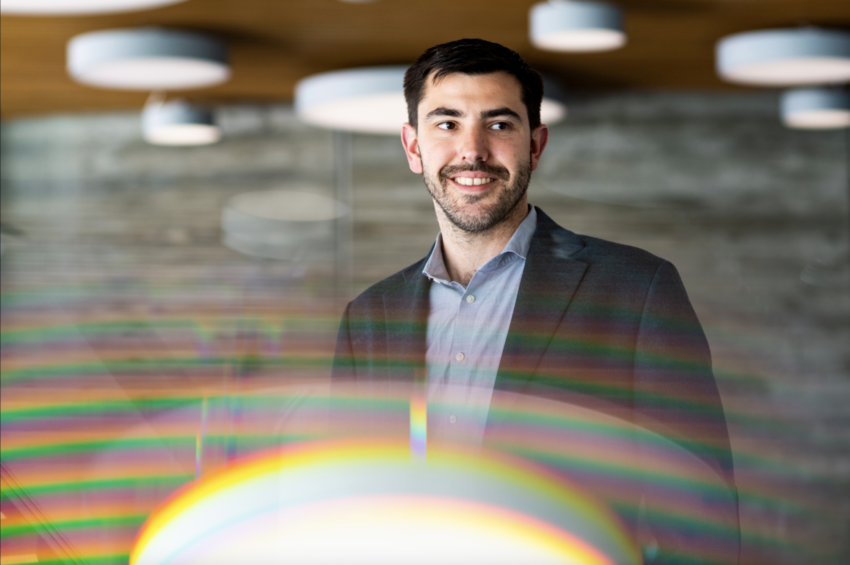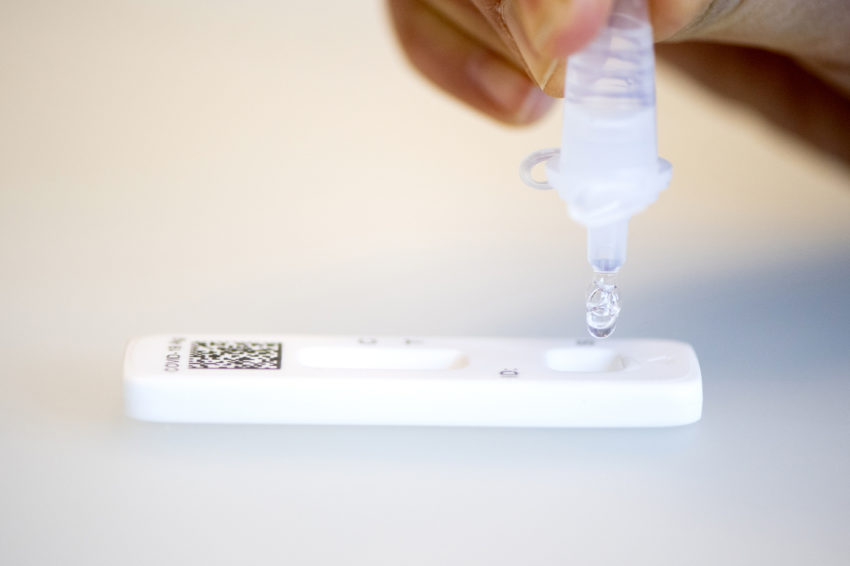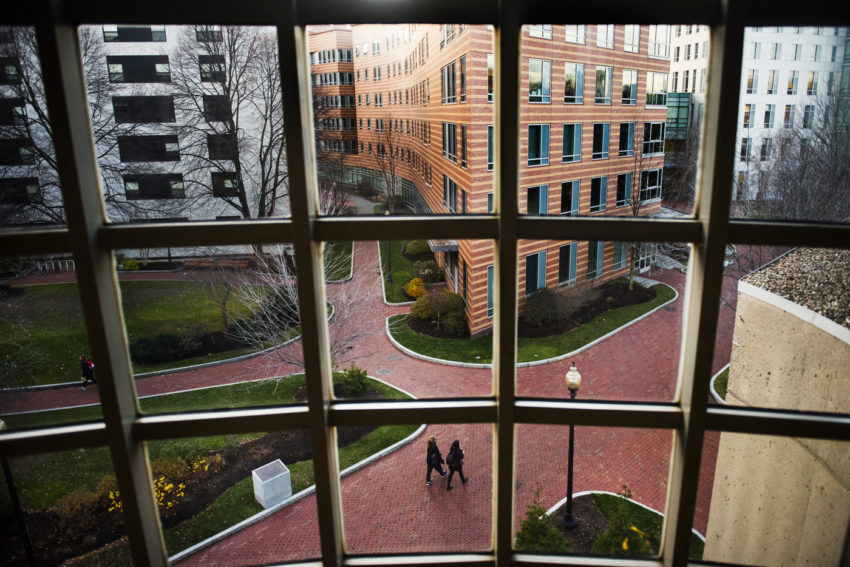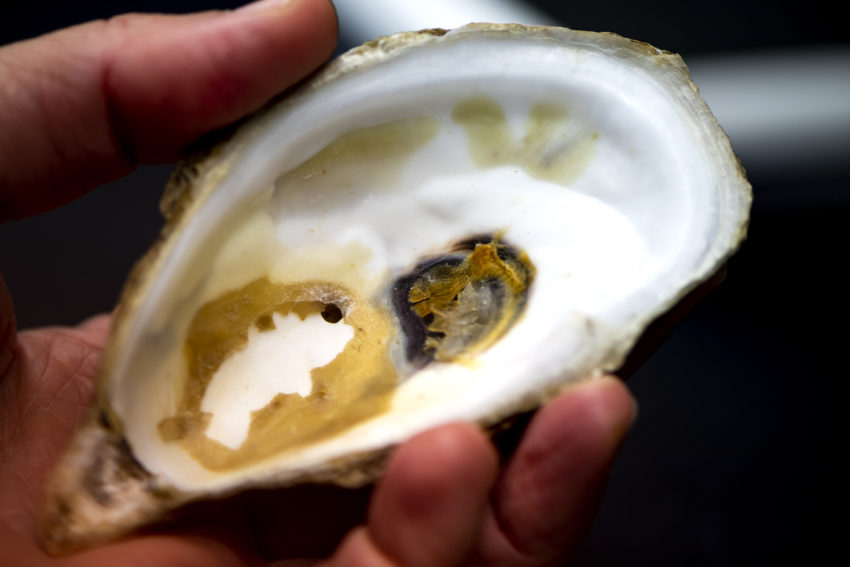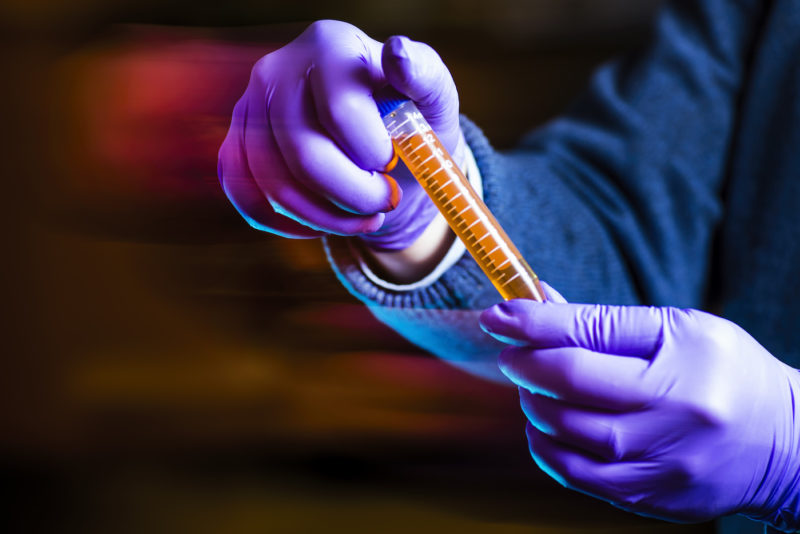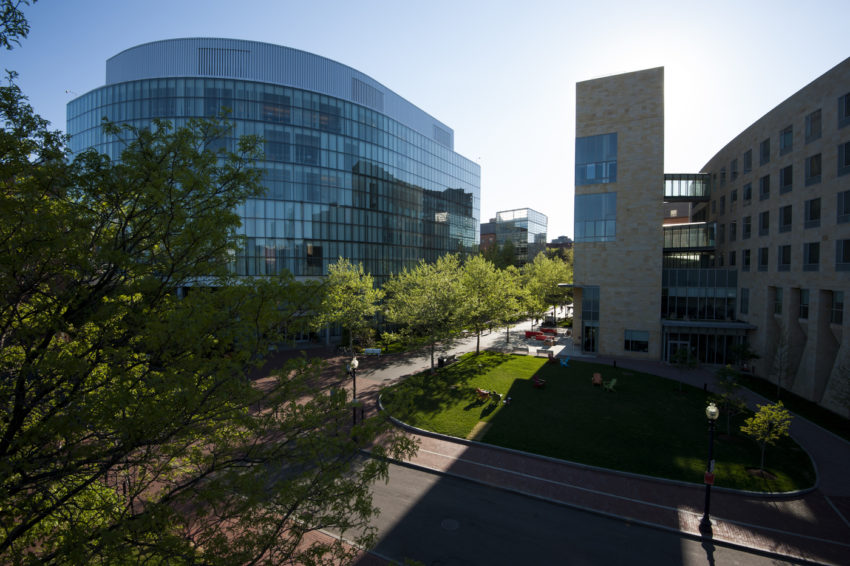News
Want to experience creative flow? Here’s how to change your perspective.
Writers, athletes, gamers—they’re all hoping to experience “the zone” where hard work comes easily and the most satisfying results are flowing. That often mythical goal is the subject of a study by David Melnikoff, a Northeastern visiting research scholar in psychology, who has assembled a formula that can help people establish a sense of flow and achieve goals of all kinds.
July 14, 2022
Biology
The teeny, tiny ticks that cause the most Lyme disease are out
Summer is here, meaning it’s time to break out the tick protection along with the sunscreen. Although the deer ticks that transmit Lyme disease are active whenever it’s above freezing, they are not only out now, they are so tiny—the size of a pencil tip or poppy seed—they are practically invisible.
July 14, 2022
Why is Netflix’s ‘Stranger Things’ so popular? It starts with Sigmund Freud.
Why have people fallen head-over-heels for “Stranger Things”? William Sharp, an associate teaching professor of psychology at Northeastern, has an idea–and it starts with Sigmund Freud.
July 08, 2022
The Science of Nostalgia: Why Audiences Can’t Get Enough of Star Wars, Top Gun and Stranger Things
Pop culture is full of instantly recognizable iconography, images and sounds that reach into our brains and pull us back in time. Hollywood has been mining the past for cinematic gold, increasingly relying on reboots, remakes and sequels. The latest Star Wars show, “Obi-Wan Kenobi,” the super-sized fourth season of ‘80s homage “Stranger Things,” and “Top […]
June 10, 2022
Has your food been chemically altered? New database of 50,000 products provides answers.
Northeastern researchers have discovered a way to outline the components of any given food, cluing us in to what our food is really made of—and what it took to get to your plate.
June 06, 2022
How architects can make buildings ‘aware’ and benefit the local environment
Amy Mueller, Moira Zellner, and Daniel O’Brien propose a new process for architectural development that incorporates localized information about how a project will transform its surroundings, taken from a system of sensors and revising the role of community input in development projects.
June 06, 2022
Award-winning professor launches work-from-anywhere research program for community college students
This summer, Steven Lopez, assistant professor of chemistry and chemical biology, will launch a research collaboration program for community college students throughout Massachusetts who might otherwise not have opportunities to participate in lab work.
May 12, 2022
Do at-home COVID tests expire?
If you stocked up on at-home COVID tests earlier on in the pandemic, it may be time to throw them out.
May 09, 2022
Chemistry and Chemical Biology, Marine and Environmental Sciences, Mathematics, Physics, Psychology
Celebrating our COS 2023 TIER1 Awardees
11 are faculty members of the College of Science are 2023 TIER1 Awardees. The TIER 1 Seed Grant/Proof of Concept Program awards are supported by the colleges and the Senior Vice Provost for Research.
April 28, 2022
College of Science recognizes inaugural Excellence in Equity, Diversity, Inclusion, and Justice Faculty Awards
Congratulations to the inaugural awardees of the COS Excellence in Equity, Diversity, Inclusion, and Justice Faculty Award: Dr. Jennifer Bowen, Associate Professor, Marine and Environmental Sciences; Dr. Wendy Smith, Professor, Biology; and Dr. Xuwen Zhu, Assistant Professor, Math. These faculty have shown their deep commitment to fostering equity and inclusion in the College of Science and beyond.
April 26, 2022
Could AI help imperiled marine species survive climate change?
Changing ocean conditions could drive marine species to extinction if they can’t adapt or move to more hospitable waters. Researchers say they could help—if they can accurately predict which species will survive best, and where. Northeastern’s Katie Lotterhos is working to determine whether a machine-learning algorithm could make those predictions accurately.
April 20, 2022
A Northeastern-led team is uprooting modern reproductive biology
A March 2022 study from the two Northeastern biology professors’ labs, spearheaded by biology Ph.D. students Hannah Alberico and Zoe Fleischmann, further affirmed the existence of ovarian stem cells in humans, indicating humans may not have a fixed number of eggs from birth and that the body is capable of producing more. The discovery turns modern reproductive biology on its head.
April 20, 2022
Celebrating our 2022 Excellence in Research Awardees
In 2022, the College of Science launched the College of Science Excellence in Research Awards to celebrate recent research accomplishments by members of our faculty. Join us n. celebrating our three winners!
April 15, 2022
His out-of-this-world discovery: signals from billions of light years away
Dacheng Lin, a Northeastern research associate professor of physics, has identified a new class of high-energy signals that were created billions of light years from Earth.
April 13, 2022

